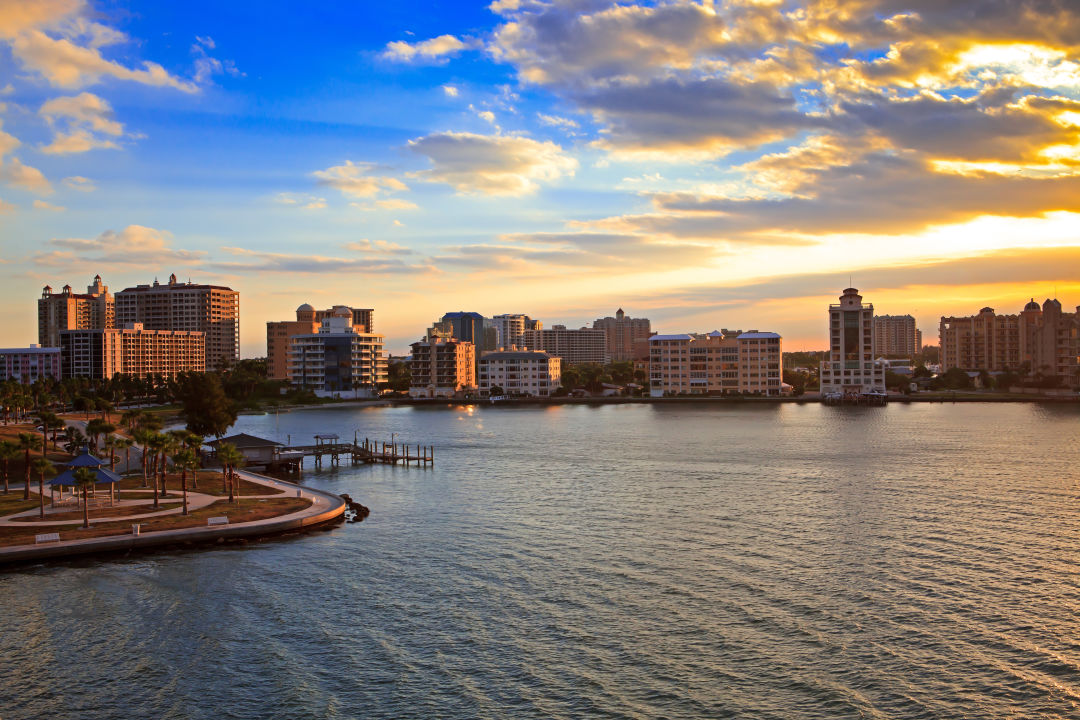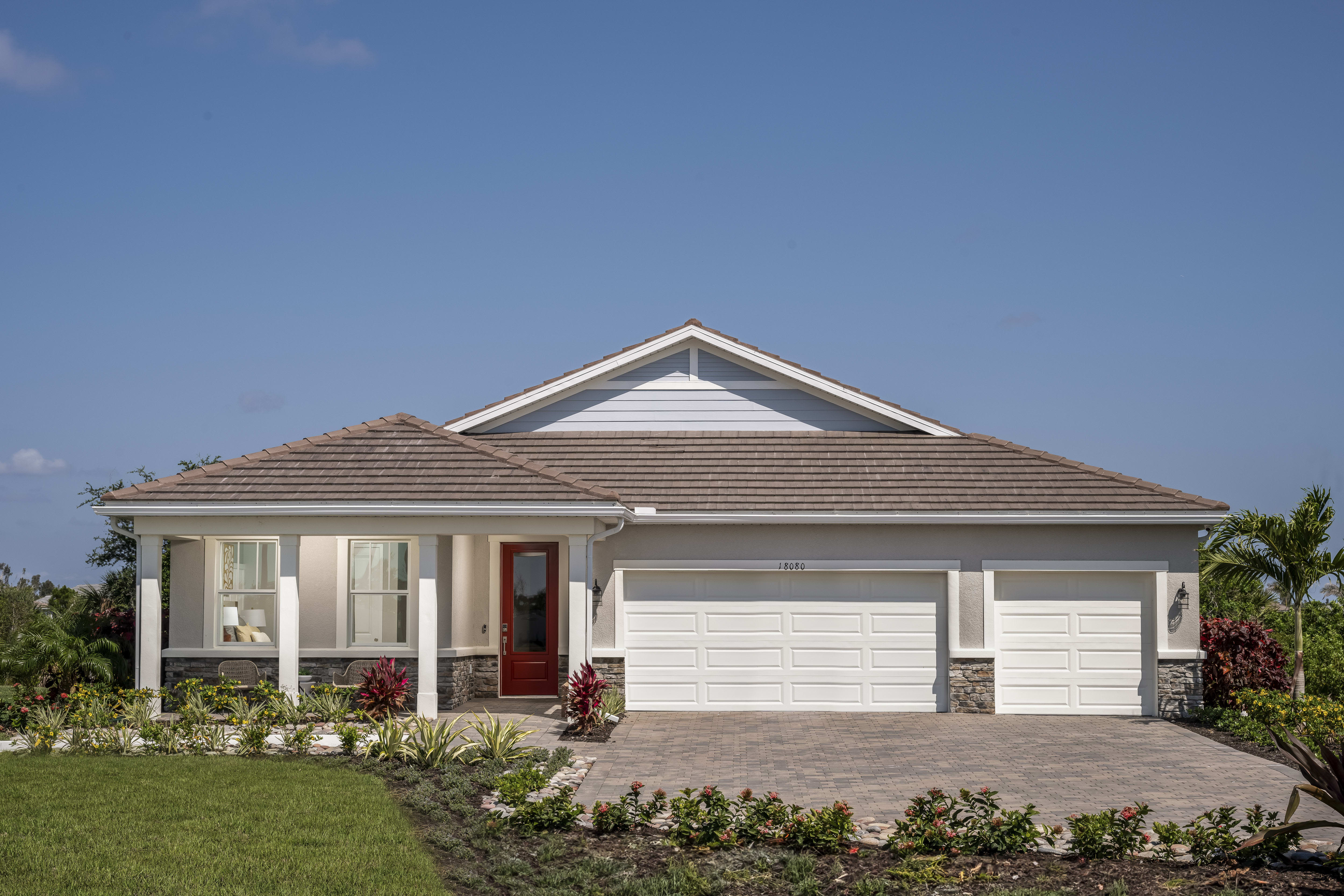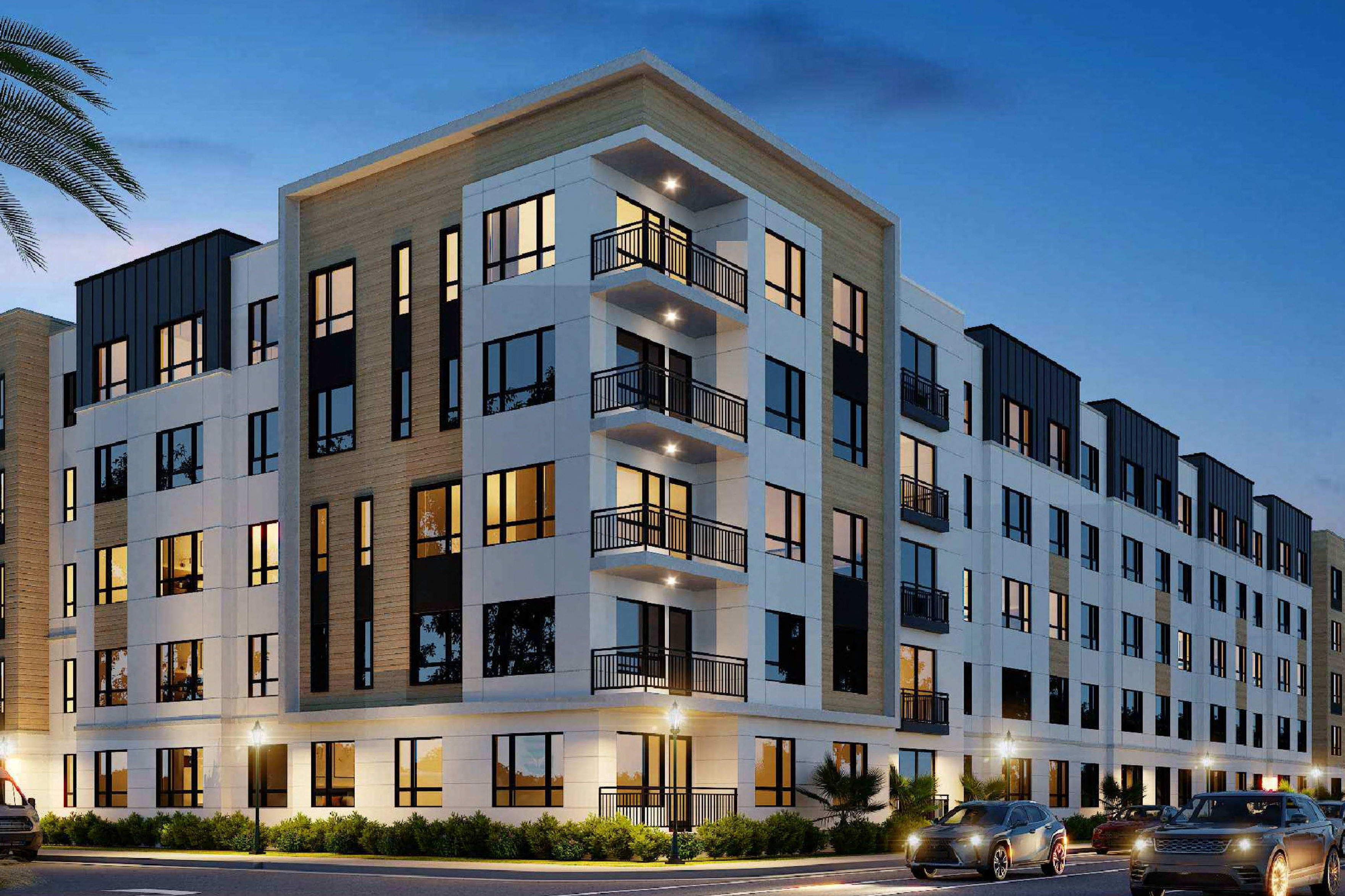Are We in Another Real Estate Bubble?

Image: Shutterstock
We all remember those heady days in 2006, when it felt like the real estate market would continue to soar. Until it didn’t, when values plummeted in 2007. Sarasota County homes lost 40 percent of their value during the Great Recession. But that was 12 years ago. Nationally and in Florida, homes are reaching record highs. “We’re well above what would have been the trend even without the bubble,” says Chris McCarty, director of the University of Florida’s Bureau of Economic and Business Research.
That has some experts worried. This summer, directors of the Center on Housing Markets and Finance at the American Enterprise Institute reported that we’re in the middle of a six-year boom in real estate prices. Demand from buyers and investors is high, while supply remains low.
“As a result,” the directors wrote, “real home prices have increased 25 percent since the early 2012 low, a pattern mirroring the early years of the last price boom. So long as this price boom continues, the risk of a serious correction increases.”
Sarasota and Manatee realtors don’t seem worried, even though market conditions—high demand and low supply (a 3.9-month supply of single-family homes; six months is considered normal)—mirror the national scenario.
“I don’t see any slowdown, and we haven’t gotten into season,” says Keller Williams agent Greg Owens, president of the Realtor Association of Sarasota and Manatee. He says that home values in Sarasota and Manatee are not climbing as fast as in other areas of Florida; buyers are getting loans even though interest rates are rising; and appraisals are coming in only slightly lower than the price of the house.
Michael Saunders & Company broker Michael Moulton says the last bubble was caused by risky lending and people buying homes they couldn’t afford. That is not the picture today, he says. The Sarasota luxury market is undervalued compared to other high-end communities, Moulton says. A Christie’s International Real Estate report ranked Sarasota as one of the top five markets globally for second homes. On that same list, Sarasota is also ranked near the top for affordability. “Whatever you buy here will be twice the price in Naples,” Moulton says.
According to Moulton, baby boomers will keep demanding residences in desirable places like Sarasota. “My college buddies up North are getting ready to retire from corporate America,” he says, and Florida—and Sarasota—are high on their list. “Because of the high income tax in places like New York, they’re saying, ‘I’m ready to make [ Florida] my residence.’”
Candy Swick specializes in the downtown Sarasota condo market, which has been red-hot, but now she says she sees signs of it “shifting.” Alinari, the condominium on the North Trail across from the bay, has more supply than demand right now. On the other hand, Burns Court Villas, between Pineapple and Palm avenues, is in high demand.
UF’s McCarty believes it’s all about the economy. “We’re very overdue for a recession,” he says.
Two things have been artificially sustaining the market, he says: the Federal Reserve’s infusion of cash to lift the country out of the last recession and the 2018 tax cut. Both actions put a lot of money back into the economy. The Fed is starting to raise interest rates, he says, and the tax cut boost is temporary.
“In the short run the tax cut had a positive effect,” he says. “It raised the prices of stocks and brought a lot of money back, and that’s sustaining the housing market. Eventually these things are going to wear off. Most people think probably next year, maybe early in the year, we’re going to see a recession and prices are going to come back down.”
If that happens, McCarty says, Sarasota can’t count on baby boomers propping up the market. In the last recession, people who wanted to retire and move to Florida couldn’t sell their homes up North. Population growth was almost zero in the state and was negative in Sarasota for a short time. “The southwest coast of Florida—Fort Myers, Naples, Sarasota—you’re prime real estate for retirees,” he says. “Fort Myers was Gound Zero and lost 60 percent of the value of existing homes. It’s a mistake to think Florida is immune. Florida does well when the rest of the country does well. When the rest of the country is suffering, people aren’t moving here.”
This year’s red tide raises another question. News stories and photos about the fish kills spread across the globe, and visitors canceled their plans. Some of those visitors were potential buyers, and some may decide that other communities without the problems of red tide and blue-green algae blooms are better prospects.
McCarty says the algae blooms are unlikely to have a long-term effect, at least not yet. “It’s not like it’s a brand-new thing,” he says. “Remember the BP oil spill? You lost an incredible amount of business, but you recovered fairly quickly.”
And then there’s sea level rise. “I spend time in Fort Myers,” McCarty says. “My in-laws have a condo there. I’m concerned about sea level. At some point that has to be factored in.”



